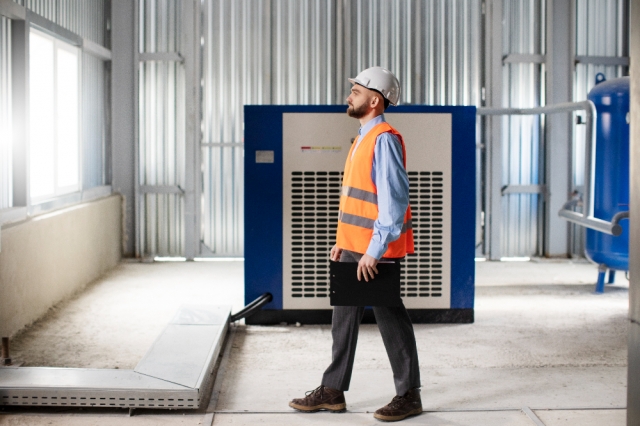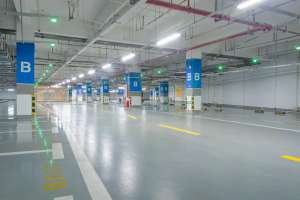How can a business ensure it stays operational during a power outage? Emergency power generators provide the solution, ensuring continuity when the grid fails. Choosing the right model is essential for maintaining business operations smoothly. Let's explore how to choose the right emergency generator for your business.
1. Assessing Power Requirements
Before selecting emergency generators, it's crucial to assess the business's power needs. Every business has different electrical requirements depending on the size of the facility and the type of equipment used. Emergency power sources are designed to keep essential operations running, so identifying which systems must stay operational is key.
For instance, an office may only need power for lights and computers, whereas a manufacturing plant requires a much more substantial source to run machines. Professionals can help determine the total wattage required, considering both normal and backup usage. This ensures that the selected generator can efficiently handle the business's power demands.
2. Types of Emergency Backup Power
There are various types of backup power solutions, each suited to different business needs. They come in various sizes, from small portable models to larger, stationary systems.
Different types of backup include:
- Portable models for smaller businesses
- Stationary models for larger-scale power needs
- Diesel and natural gas units for long-term reliability
- Fuel efficiency and maintenance needs
- Size and installation specifications
Matching the size and fuel options to business needs ensures consistent and reliable power during an outage. A professional company can help assess the best option based on both immediate requirements and long-term operational goals.
3. Fuel Type Considerations
Selecting the right fuel type is critical when choosing a backup power solution. The most popular fuels are diesel, natural gas, and propane. Diesel-powered units are known for their fuel efficiency and durability, making them ideal for businesses requiring continuous power. However, they do require more maintenance compared to other types.
Natural gas is a cleaner option and is preferred for businesses with existing gas lines, as it's more environmentally friendly and requires less upkeep. Propane, while less common, is a good alternative for businesses that don't have access to natural gas lines. The choice of fuel type depends on availability, cost, and long-term maintenance considerations.
4. Size and Capacity
Choosing the correct size for a backup power solution is crucial to ensuring it can handle essential loads without being too large or too small. Overestimating the power needed can lead to unnecessary expenses while underestimating it can cause essential systems to fail during a power outage.
Peak power demands must be considered, especially when multiple machines or devices are in use. A professional can assess the precise power requirements to ensure the generator is properly sized. This ensures the generator can meet both peak and standard operational loads.
5. Maintenance and Durability
Investing in a durable, reliable model is essential for long-term performance. It's not only about choosing a unit with the right capacity; businesses must also consider maintenance needs. Regular servicing is required to keep the system in good working order, particularly if it runs for extended periods during an outage.
Some models offer automated alerts for maintenance, while others require manual checks. Regular oil changes, air filter cleaning, and battery checks are necessary to keep the system functioning smoothly. Choosing a model with a proven track record for durability reduces the likelihood of breakdowns when the generator is needed most.
6. Installation and Setup
Proper installation is key to ensuring that the backup power system operates seamlessly. Professionals should handle the installation to ensure the generator is properly integrated into the business's existing electrical infrastructure. This includes the installation of a transfer switch that automatically switches the power source from the grid to the generator in case of an outage.
Additionally, professional installation ensures compliance with local codes and safety regulations. This step minimizes risks, such as improper grounding or fuel leaks, and guarantees that the system is set up correctly.
7. Cost Considerations and ROI
While the upfront cost of a backup power solution may seem high, businesses should consider the long-term value. The installation and maintenance cost may be offset by the protection provided against operational downtime. Investing in a reliable unit can save money over time by preventing revenue loss due to outages.
When selecting a provider, consider not only the price of the product but also the reputation of the company and the quality of service. A professional company can offer long-term savings through reliable products and excellent service. By investing in the right generator, businesses ensure they can continue operating, even during the most unexpected power failures.
Choosing the right emergency generators is essential for maintaining operations during power outages. With careful assessment of power needs, fuel types, and generator capacity, businesses can find the best option for their requirements. By working with a reputable company for both product selection and service, businesses can ensure their emergency power system is reliable and efficient for years to come.






